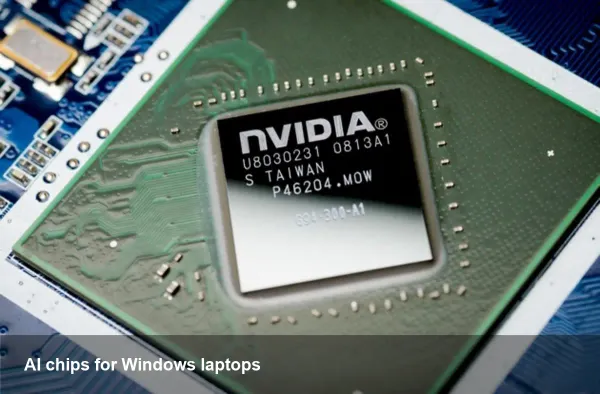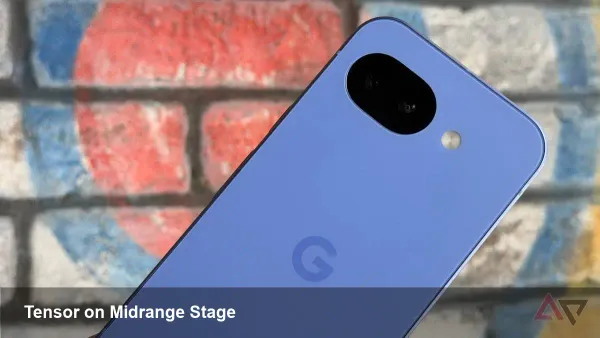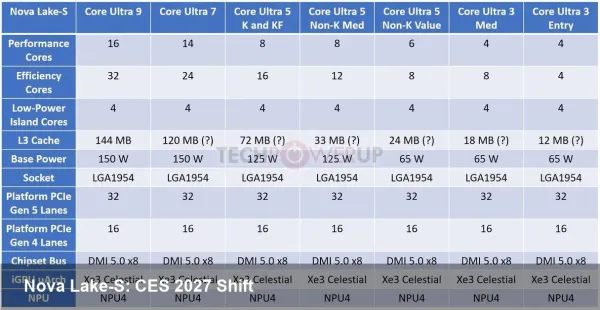AI Gold Rush Splinters as Google Challenges Nvidia
- For months, the AI trade was simple: buy Nvidia. Now, that certainty is fracturing as tech giants develop their own chips, creating new winners and losers.
- Google is aggressively challenging Nvidia’s hardware dominance with its custom Tensor Processing Units (TPUs), signaling a major shift in the AI infrastructure landscape.
- The market is responding cautiously, with investors beginning to look beyond Nvidia for growth, causing a divergence in the performance of AI-related stocks.
- This splintering suggests the AI hardware market is maturing into a multi-polar competition, moving away from a single-provider monopoly.
The Unraveling of a Sure Bet
The artificial intelligence boom has minted fortunes, with one name standing above all others: Nvidia. For over a year, the company’s powerful GPUs became the undisputed engine of the AI revolution, and its stock soared to dizzying heights. Investing in AI felt like a solved puzzle. But the foundation of that certainty is beginning to crack, and the monolithic AI trade is splintering into a complex and unpredictable war.
Nvidia's Reign and the CUDA Moat
Nvidia’s dominance wasn't just about silicon; it was about the ecosystem. Its CUDA software platform created a deep, proprietary moat that made it incredibly difficult for developers to switch to competing hardware. This combination of best-in-class chips and a locked-in software environment made Nvidia the default choice for anyone serious about AI, from tiny startups to the largest tech corporations on the planet.
The Titans Strike Back: Google's Gambit
The first major cracks in Nvidia's armor are coming from its biggest customers. Alphabet's Google, a pioneer in AI research, has been quietly building a formidable alternative. The company is now on its sixth generation of custom-built Tensor Processing Units (TPUs), chips designed specifically to power its own AI models, from Search to its Gemini large language models. By designing its own hardware, Google not only cuts down on its massive spending on Nvidia chips but also creates a vertically integrated system optimized for its own needs. This move is a direct challenge to Nvidia's one-size-fits-all market dominance.
A Widening Battlefield
Google isn't alone. Other tech titans are following the same playbook, unwilling to be dependent on a single supplier for the most critical component of their future growth. Microsoft, Amazon, and Meta are all investing billions in developing their own custom AI silicon. Meanwhile, traditional chip rivals like AMD and Intel are ramping up their efforts to create competitive GPUs, hoping to capture a piece of the lucrative market that Nvidia has long held for itself.
A Market Divided
This growing competition has introduced a new word into the AI investor’s vocabulary: divergence. No longer are all AI-related stocks rising in unison on Nvidia's coattails. The market is becoming more discerning, punishing companies with fuzzy AI strategies while rewarding those with clear paths to monetization and technological independence. The easy money in the “AI trade” may be over, replaced by a more complex landscape that requires a deeper understanding of the technology and the shifting alliances between a growing list of powerful competitors.
What This Means for Investors
The splintering of the AI trade is a clear warning: the era of blind faith in a single AI leader is ending. As competition intensifies, the market will mature, creating new opportunities for savvy investors who look beyond the obvious winner. The AI chip war is just beginning, and it promises to reshape the entire tech industry.





